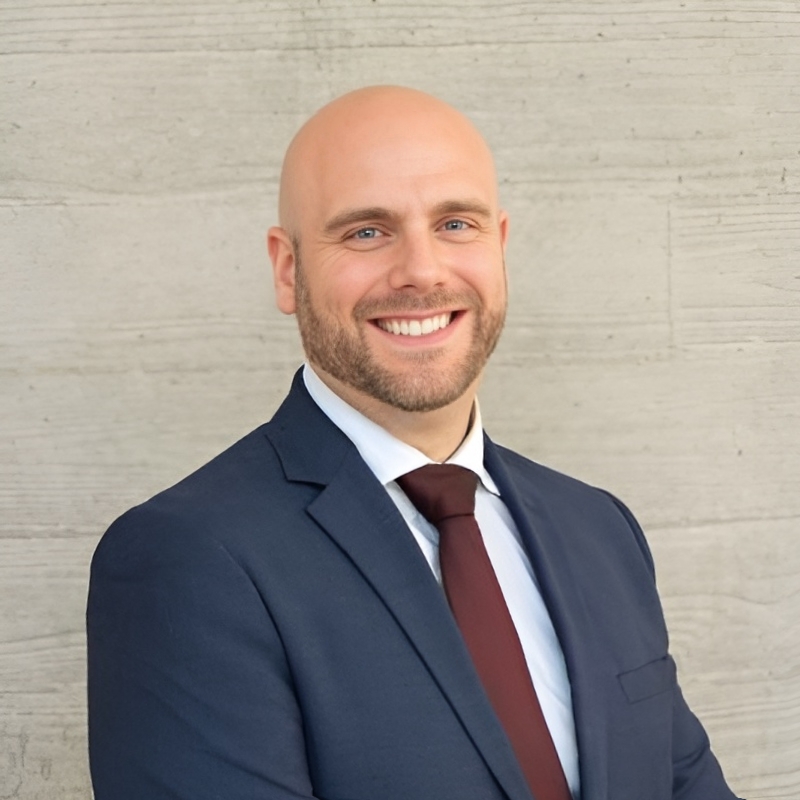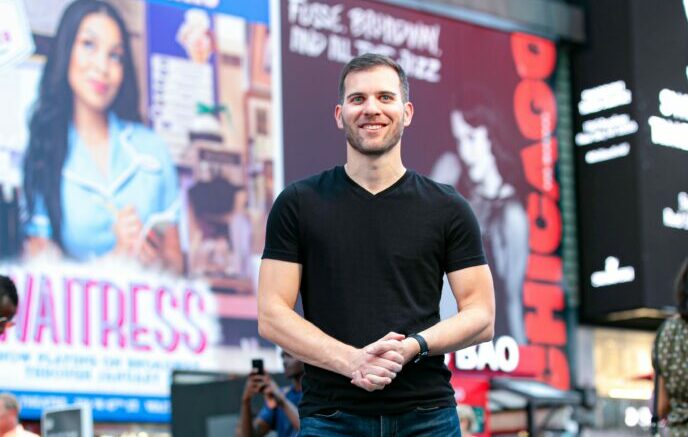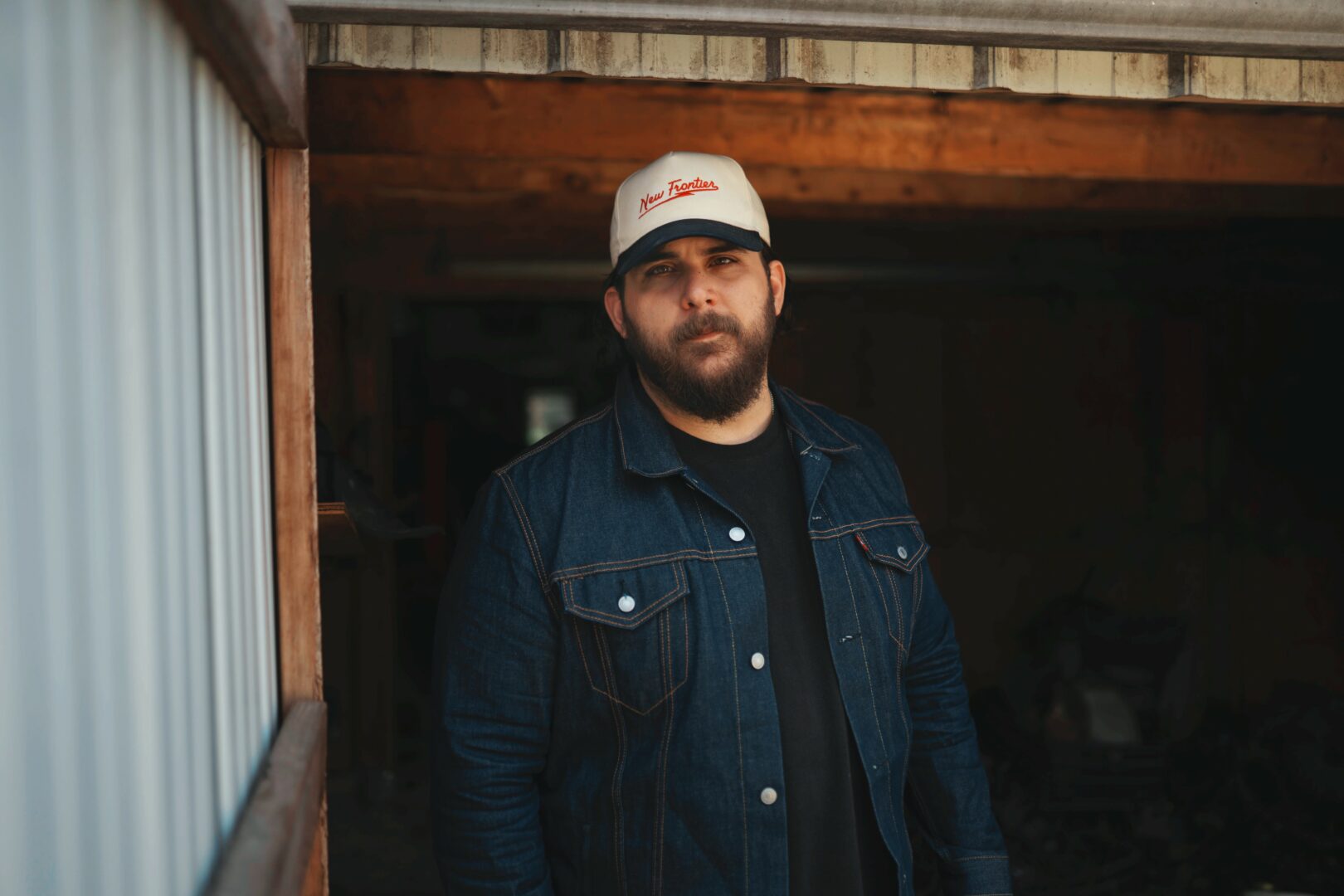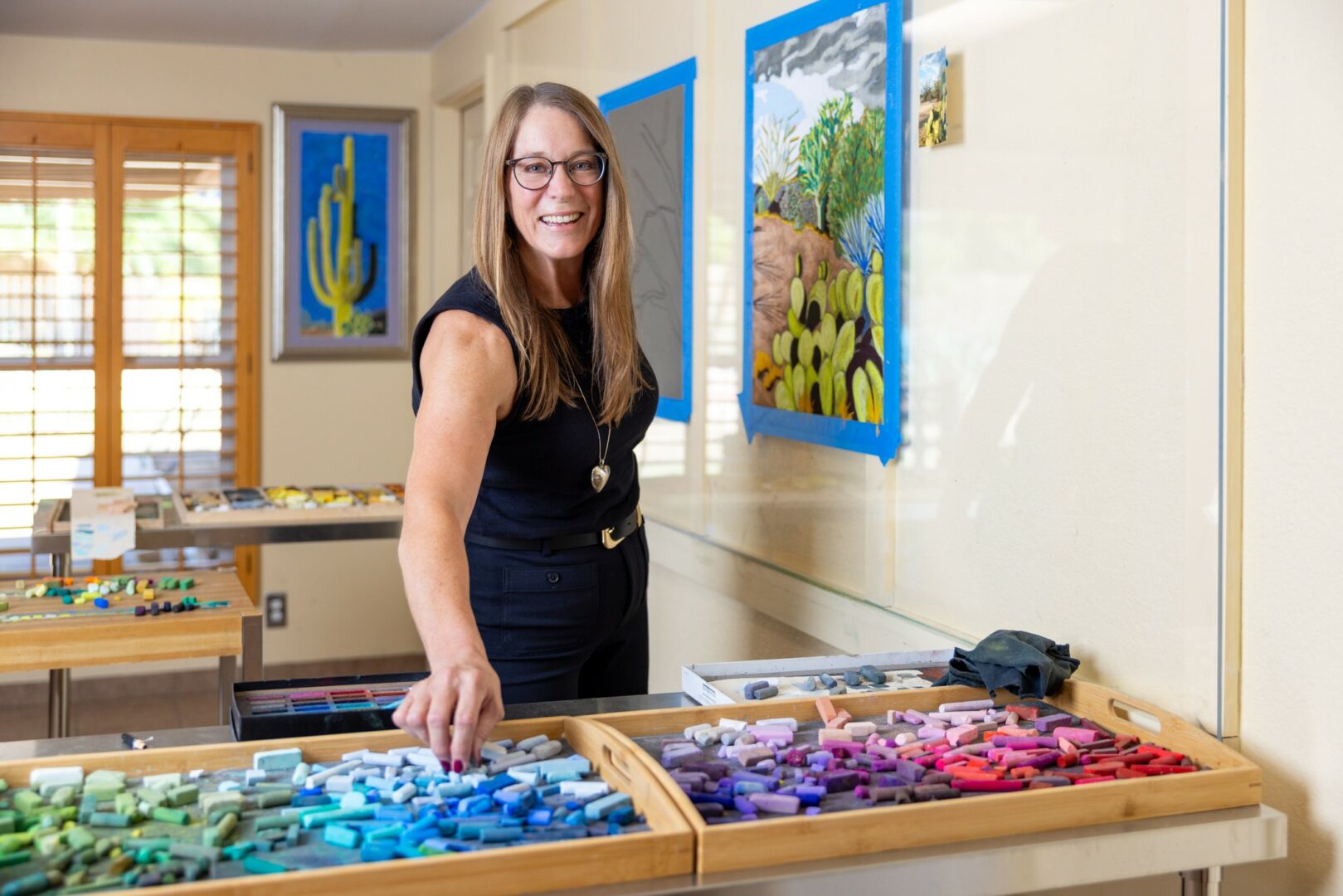We’re excited to introduce you to the always interesting and insightful Dr. Kai Dallas, MD. We hope you’ll enjoy our conversation with Dr. Kai below.
Dr. Kai, thanks for taking the time to share your lessons with our community today. So, let’s jump right in – one of the most essential skills for unlocking our potential is self-discipline. Where does your self-discipline come from?
During my residency, I remember one of my patients, a woman who had traveled hours from a rural community just to be seen, looked at me and said, “You’re the first doctor who’s really listened to me.” That moment stuck with me. It reminded me that medicine isn’t just about diagnosing or treating; it’s about connection, trust, and showing up for people who need you most.
My self-discipline comes from that sense of responsibility. Every patient deserves a physician who is fully present, who listens and who genuinely cares. I also draw a lot of discipline from my upbringing. I was taught that hard work is not necessarily about perfection, it’s about consistency and perseverance. That mindset has carried me through the long hours and the challenging days that come with being a urologist. What keeps me going is knowing that the care I provide can make a lasting difference, especially for patients in underserved communities who often feel overlooked by the healthcare system. That’s what motivates me to keep learning, to stay sharp, and to bring my best self into every exam room and every procedure.
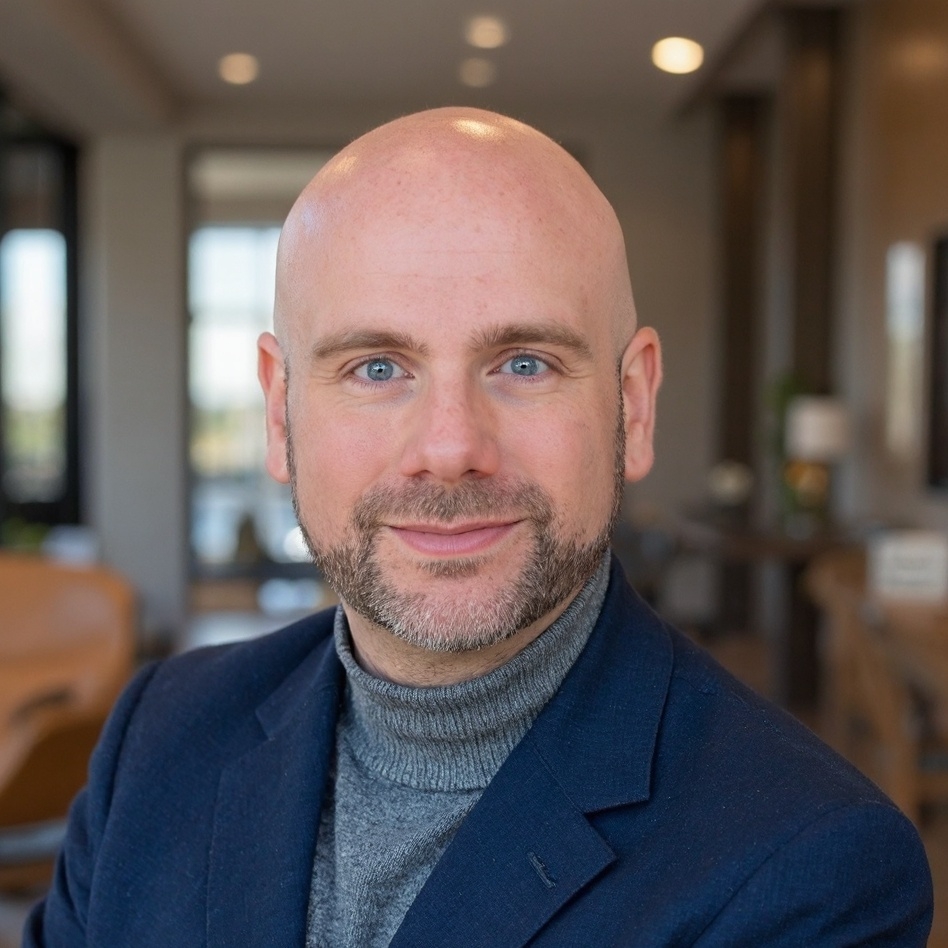
Thanks for sharing that. So, before we get any further into our conversation, can you tell our readers a bit about yourself and what you’re working on?
I’m a urologist who specializes in female pelvic medicine and surgical reconstruction, which means I help women with some of the most personal and often stigmatized aspects of their health. The field of urology covers everything from urinary issues to pelvic pain to sexual health, topics that aren’t commonly openly talked about, and that’s exactly what makes this field so meaningful to me. I find that many of my patients thought it was just a normal part of aging (or were told that it was) and so didn’t seek treatments earlier because they didn’t know that there were treatments available for it. Being able to offer them a solution to their discomfort is so rewarding, and I urge anyone with such issues to not be afraid to speak up with their doctor about it, and seek a second opinion from a specialist if you feel like your concerns are not being taken seriously.
Many people don’t realize that urologists are also surgeons, and there is something deeply gratifying about being able to recognize an anatomical problem and be able to solve it right away. But there’s also a deep emotional element, because patients come to us when they’re vulnerable, embarrassed, or afraid. I see my role as not just treating the physical issue but also restoring confidence and dignity.
Looking back, what do you think were the three qualities, skills, or areas of knowledge that were most impactful in your journey? What advice do you have for folks who are early in their journey in terms of how they can best develop or improve on these?
If I had to narrow it down to three qualities that have shaped my journey the most, I’d say resilience, empathy, and curiosity.
Resilience came from the challenges. Residency training can be grueling with long hours, mental fatigue and emotional stress. And even after you graduate and begin working as an attending physician, there are administrative challenges, emergency moments when it feels like everything is resting on your shoulders, and inevitably, patients whose conditions just don’t respond to treatment. Medicine will test you in every way, and what keeps you steady isn’t perfection, it’s persistence. My advice to anyone starting out is: don’t mistake difficulty for failure. Growth almost always happens in the uncomfortable moments.
In regards to empathy, I think most people who go into medicine have it. But during your career, the kind of empathy you carry can change in unexpected ways. The specialty of female urology can be particularly challenging as it is a field that has long been under researched, and patients who have complicated medical histories are often dismissed by other practitioners, but for me, empathy is at the heart of what I do. It’s so important to take the time to understand a patient’s story to properly identify the problem since many issues can present in a similar way. Taking the time to listen is where trust begins. Every day, I have the opportunity to make someone feel heard, understood, and hopeful again.
And curiosity, that’s what keeps medicine exciting for me. Each patient who comes in with an ailment presents as a puzzle that needs to be figured out. Plus, our field changes every day, and being curious keeps you up-to-date, adaptable and humble. And not just in medicine, but in all aspects of life. The world is changing so quickly, and there is so much that can suddenly impact a person’s well-being, whether it is financial strain, changes in health policies, or societal implications. Everyone is different, and taking all of that into consideration is oftentimes the best way to find a treatment that not only works, but is practical for each patient.
For anyone early in their journey, remember that medicine isn’t a race; it’s a calling. Build good habits, take care of yourself, find mentors who challenge and support you, and most importantly, never lose sight of why you started.
Is there a particular challenge you are currently facing?
One of the biggest challenges I face today is balancing the human side of medicine with the increasing pressures of the healthcare system. So much of modern medicine has become about metrics, efficiency, and documentation, and while those things have their place, they can easily pull focus away from what truly matters: connecting with the patient in front of you.
I’ve made a conscious effort to push back against that tide in my own practice. I try to slow down and to remind myself that every chart represents a real person who deserves compassion and time. When insurance approvals and hospital policies decline my treatment recommendations, I fight to get them approved or work with the patient to find a more suitable or affordable alternative. I’m also working to build systems within my practice that support this such as mentoring younger physicians, advocating for policies that protect physician-patient time, and finding small ways to bring humanity back into daily routines.
It’s not an easy balance, but it’s worth fighting for. Because at the end of the day, medicine isn’t just about science, it’s about service. And every time I’m able to make a patient feel seen and cared for, despite all the external noise, it reminds me why I chose this path in the first place.
Contact Info:
- Website: https://www.kaidallasmd.com
- Instagram: https://www.instagram.com/kaidallasmd
- Facebook: https://www.facebook.com/kaidallasmd/
- Linkedin: https://www.linkedin.com/in/kai-dallas-b0ab49119/
so if you or someone you know deserves recognition please let us know here.

